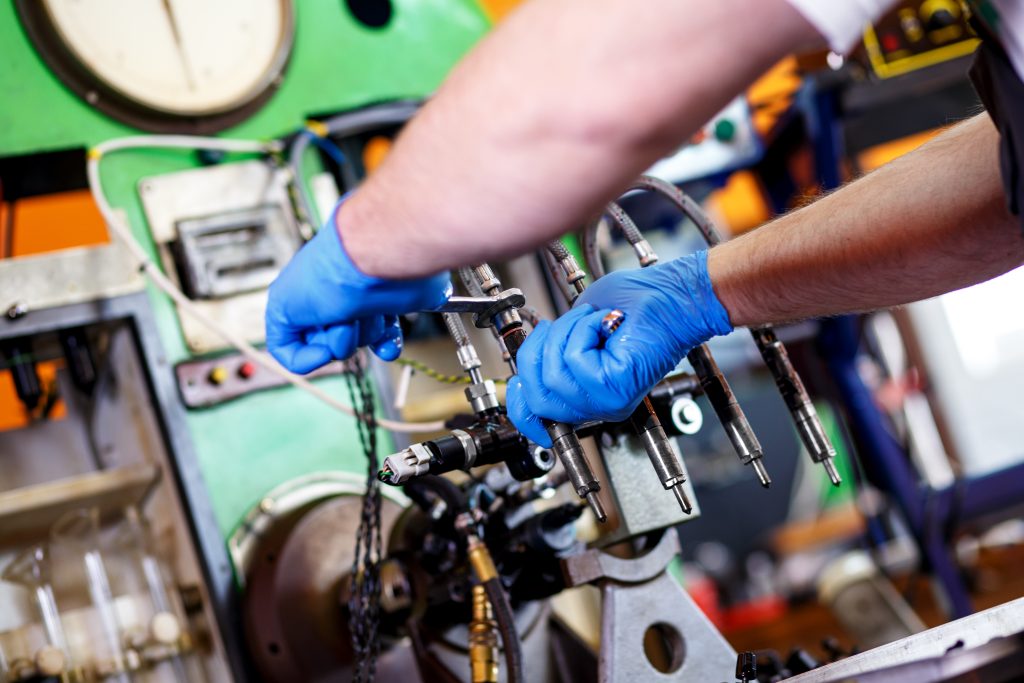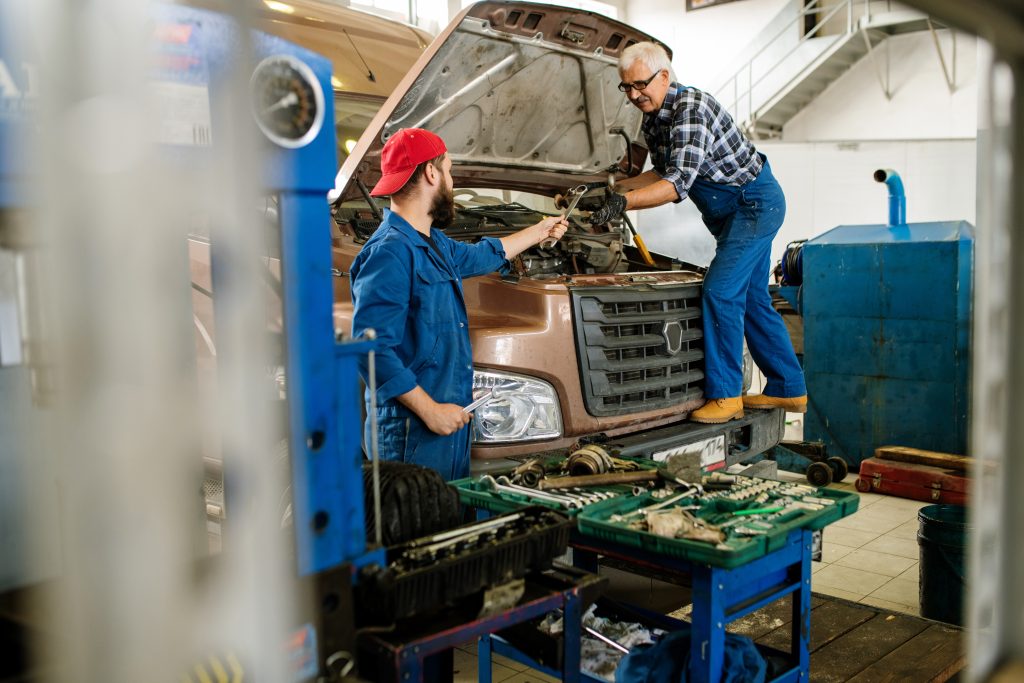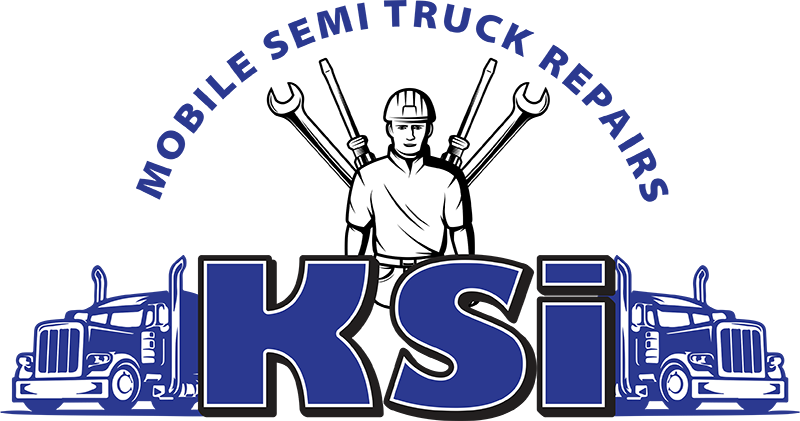Top 5 Common Diesel Engine Problems and How to Address Them
- Home
- Top 5 Common Diesel Engine Problems and How to Address Them
-
By: BrandRep
- 0 Comments
Explore the most common issues diesel engines face in commercial trucks and learn practical solutions to keep your fleet running smoothly.
Diesel engines are the powerhouses of the commercial trucking industry, renowned for their durability and reliability. However, like any mechanical system, diesel engines are prone to experiencing problems over time. Understanding the most common issues plaguing commercial truck diesel engines and how to address them is crucial for fleet managers and truck owners alike.
1. Fuel Injector Issues
Fuel injectors play a critical role in delivering the precise amount of fuel into the combustion chamber for efficient combustion. Common issues with fuel injectors include clogging, leaks, and wear over time. Symptoms of fuel injector problems may consist of rough idling, decreased fuel efficiency, and engine misfires.
Regular maintenance is crucial in addressing fuel injector issues. It entails utilizing high-quality fuel and additives to prevent carbon buildup, conducting periodic injector cleanings, and replacing worn or faulty injectors as necessary. Furthermore, ensuring proper fuel filtration is paramount in preventing contaminants from clogging injectors and causing performance setbacks.
2. Turbocharger Failures
Turbochargers are essential components in modern diesel engines. They boost engine power and efficiency by compressing air before it enters the combustion chamber. However, turbocharger failures can occur due to bearing wear, oil leaks, and compressor or turbine damage. Symptoms of turbocharger problems may include reduced engine power, excessive smoke from the exhaust, and unusual noises such as whining or grinding.
Maintaining a regular inspection and maintenance schedule is essential in combating turbocharger failures. It involves thorough checks for oil leaks, continuous monitoring of boost pressure levels, and ensuring adequate bearings lubrication. In the event of turbocharger failure, immediate replacement or repair is imperative to thwart further engine damage and ensure peak performance.
3. Cooling System Problems
The cooling system is critical for regulating engine temperature and preventing overheating, especially under heavy loads or high ambient temperatures. Typical cooling system problems include coolant leaks, radiator damage, and malfunctioning water pumps. Symptoms of cooling system issues may include engine overheating, coolant leaks, and steam or coolant odor from the engine bay.
Adhering to routine inspection and maintenance is vital to effectively tackling cooling system problems. This encompasses checking coolant levels and quality, inspecting hoses and connections for leaks or damage, and verifying the optimal functioning of the radiator and water pump. Additionally, flushing and replacing coolant at recommended intervals is crucial in preventing corrosion and upholding cooling system efficiency.

4. Exhaust System Malfunctions
The exhaust system is crucial in reducing emissions and maintaining engine performance. Common exhaust system problems include leaks, clogs, and component failures such as the diesel particulate filter (DPF) or selective catalytic reduction (SCR) system. Symptoms of exhaust system malfunctions may include increased exhaust smoke, reduced engine power, and warning lights on the dashboard indicating emissions system faults.
Regular inspection and maintenance are indispensable in addressing exhaust system malfunctions. It entails thorough examinations for exhaust leaks, meticulous inspections of DPF and SCR systems for any signs of damage or contamination, and ensuring sensors and actuators function correctly. Moreover, adhering to recommended maintenance schedules and utilizing high-quality diesel exhaust fluid (DEF) can significantly extend the lifespan of exhaust system components and minimize emissions.
5. Air Intake System Issues
The air intake system delivers clean air to the engine for combustion. Common air intake system problems include air filter clogging, turbocharger inlet restrictions, and intake manifold leaks. Symptoms of air intake system issues may include reduced engine power, increased fuel consumption, and engine hesitation or stalling.
To effectively address air intake system issues, maintaining a regular regimen of inspection and maintenance is essential. It includes inspecting and replacing air filters as required, checking for any leaks or obstructions in the intake system, and confirming the proper operation of sensors and actuators. Additionally, periodic cleaning or replacement of intake system components is crucial in maintaining optimal airflow and enhancing engine performance.
Contact KSI Mobile Semi Truck Repairs today for expert diesel engine maintenance and repair assistance. Also, visit our blog for more insightful tips and advice on optimizing your fleet’s performance.

